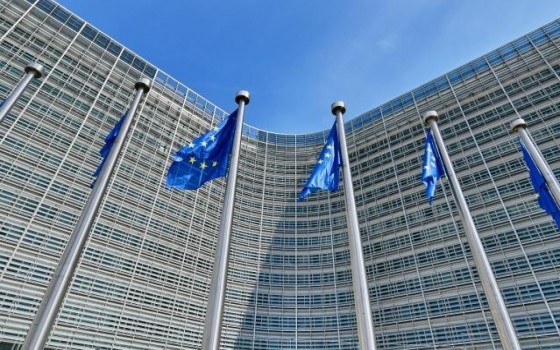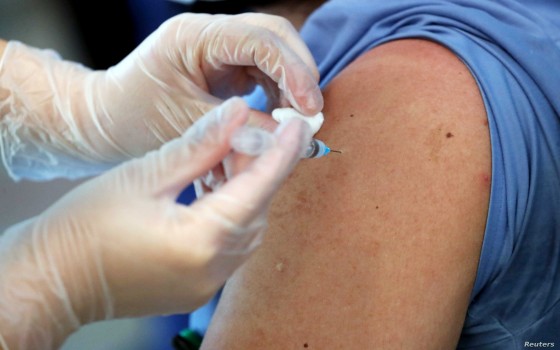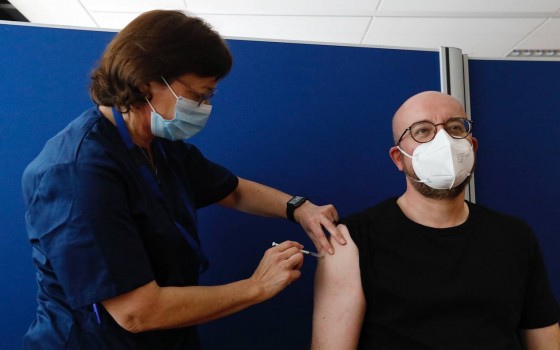
Unhealthy diets linked to heart disease, stroke and diabetes.. New FAO study: $12 trillion hidden costs from food and agricultural systems

- Europe and Arabs
- Friday , 8 November 2024 11:14 AM GMT
Rome - New York: Europe and the Arabs
A revised study conducted by the Food and Agriculture Organization of the United Nations (FAO) and included 156 countries confirmed that the hidden costs within global agricultural and food systems amount to about $ 12 trillion annually. About 70% of this amount comes from unhealthy diets and is linked to serious non-communicable diseases such as heart disease, stroke and diabetes, and far exceeds the costs associated with environmental degradation and social inequalities.
This came in the State of Food and Agriculture 2024 report, which contains a comprehensive and annual review of topics related to the mandate of the FAO. It focuses largely on emerging development areas, such as agri-food systems and digital technologies in agriculture. According to the UN Daily News Bulletin
Risk Factors
The study details how global hidden costs are largely due to hidden health costs, followed by hidden environmental costs, in more industrialized agri-food systems in upper-middle- and high-income countries.
By looking at health impacts, the report identifies 13 nutrition-related risk factors, including inadequate intake of whole grains, fruits and vegetables; excessive sodium consumption; and high intake of red and processed meat.
A Call for Collective Action
The report calls overall for a value-based transformation of agri-food systems to make them more sustainable, inclusive, efficient and resilient. This calls for expanding beyond traditional economic measures such as gross domestic product by using true cost accounting to identify hidden costs.
“The choices we make now, the priorities we set and the solutions we implement will shape our common future,” said FAO Director-General QU Dongyu. “Real change starts with individual actions and initiatives, supported by enabling policies and targeted investments. Transforming global agri-food systems is key to achieving the Sustainable Development Goals and ensuring a more prosperous future for all.”












No Comments Found